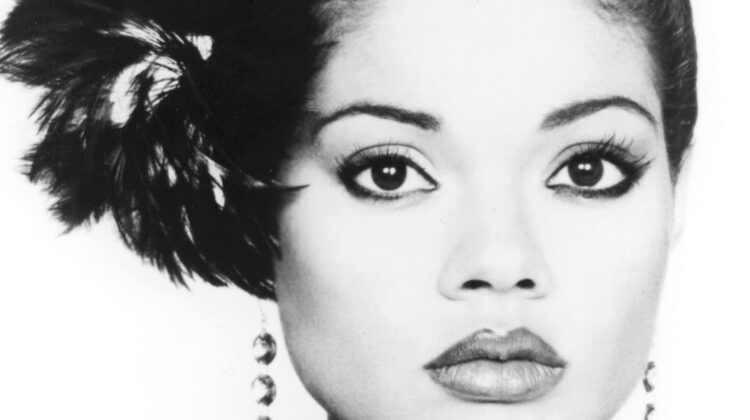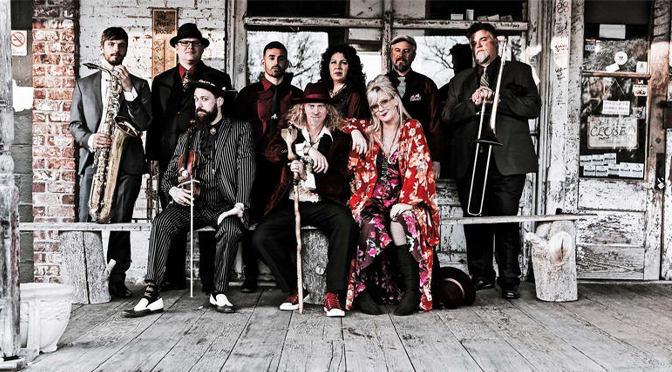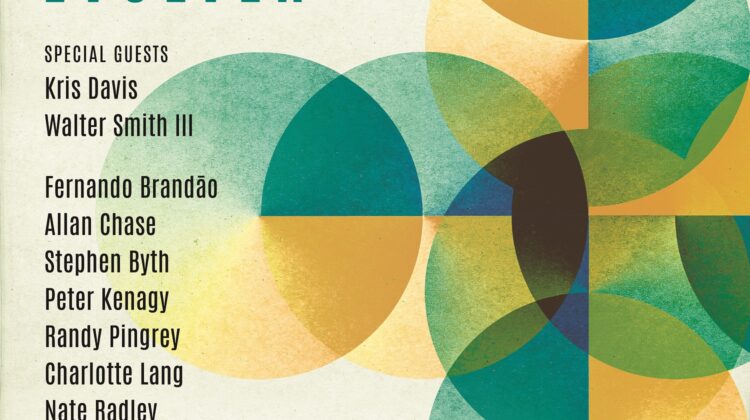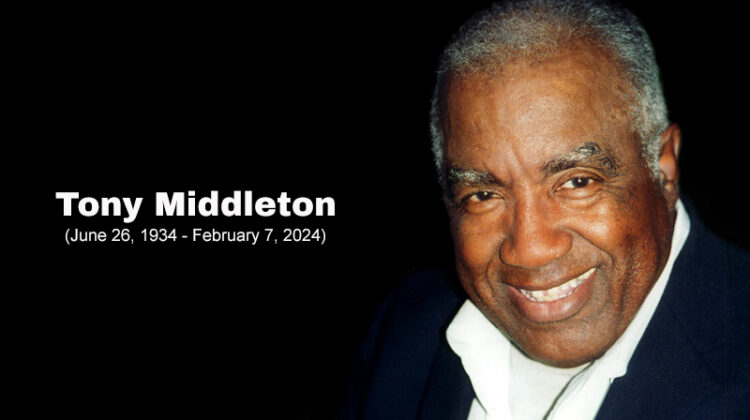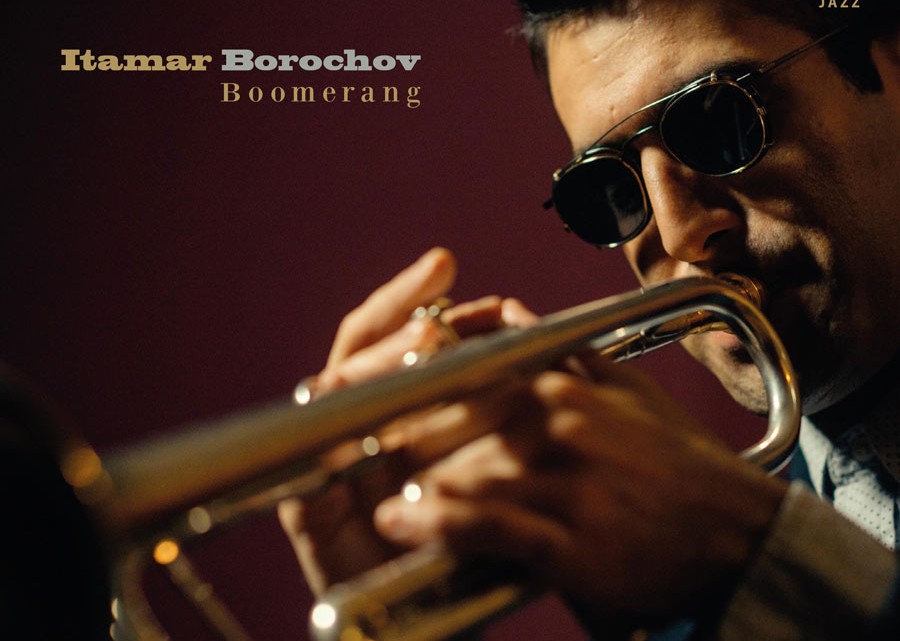Trumpeter Itamar Borochov is a force to be recon with. The Israeli-Born, New York City-based musical prodigy is flipping the script of what jazz is, and what it can be. His tone on the trumpet is sublime, his virtuosity is undeniably enchanting, and his melodies are timeless in their clarity. So who is Itamar Borochov?
He’s the trumpeter you saw on the latest Stella Artois beer commercial, the hard-core bebopper that swung with elders Curtis Fuller, and Billy Taylor, the innovative spirit behind cross-cultural world music phenomena Yemen Blues, and he’s now changing the game with his album Boomerang. Hailed as a “Revelation” on Jazz Magazine, the album topped the jazz charts of both iTunes, and amazon.com upon it’s release, and for a good reason, it’s an album you wont be able to resist.
But beyond the fireworks of technique, Itamar tells a story of deeper meaning, a story that connects the multiple aspects of his complicated life and identity, from lower Manhattan and North-Africa, modern Israel and the old emirate of Bukhara. A story in which he celebrates traces of Divinity that he finds in elegant sophistication, both sacred, and profane.
He was born into a musical family originating in the city of Balkh in Afghanistan, and raised in the mixed Jewish-Christian-Muslim city of Jaffa, Israel. Borochov grew up with Edith Piaf, Weather Report, Nusrat Fatah Ali Khan and Prince playing on the turntable. So he already had a musically open mind when he stepped outside and breathed in the multicultural air of Israel, especially the Moroccan-Jewish and Yemenite-Jewish sounds that set the tone for much of modern Israeli music. When he entered the neighborhood Sephardi synagogue ─ think of a cultural “nature reserve” that preserves a centuries-old but still living Jewish tradition originally produced in an Arab-Islamic milieu ─ Borochov absorbed sacred music based on Arabic maqamat(scales) and that featured quarter tones. Later on he will become one of a handful of trumpeters around the world that play micro-tonal scales on the trumpet.
Borochov set his sights on becoming a jazz musician at the tender age of twelve. Listening to and playing straight-ahead Jazz thorough his teens and into his twenties. At the age of twenty-three, he relocated to the States with the intention of immersing himself in the jazz tradition, but he received a wake-up call a couple of years after when hard-bop icon Nathan Davis told him, “We want you to be you.” That’s when Borochov understood that there’s no safety net, in his words ”I have to be real. If Coltrane was informed by his father being a preacher, I had to do the same thing. Lee Morgan’s from Philly and I’m from Jaffa. He brought gospel and I’m bringing Sephardi synagogue music.” To be clear, “Sephardi synagogue music” in this context stands for all of the influences that Borochov absorbed growing up in a Bukhari family in an ethnically diverse town in Israel, synagogue music among them.
But Boomerang doesn’t open with Borochov reworking his family’s musical traditions, instead, he begins the journey with “Tangerines,” a duet for trumpet and piano written on a rainy night in New York City. The following piece, “Shimshon,” named for Borochov’s family cat, is likewise a slow, earthy dance that begins in 3/2 time before turning into the kind of 3/4 swing that John Coltrane and his drummer Elvin Jones often played together during the years of Coltrane’s classic quartet. As the piece ends, drummer jay Sawyer, evokes a primal, tribal sound reminiscent of Max Roach.
“Eastern Lullaby,” the third cut, foreshadows the return to the roots that dominates the second half of the record. It’s a dramatic melody, that evokes more pain than comfort, as would be expected from the lullaby. Borochov’s hard-bop pedigree is on display on “Jones Street” as he swings back to evoke New York’s West Village.
For the fifth song, Borochov finally escorts us into a Sephardi synagogue. Assuming the role of prayer leader, he riffs on the Algerian-Jewish tune for, “Adon Olam,” in English, “Master of the Universe.”
“Jaffa Tune,” the sixth piece, is Borochov’s homage to his hometown. It’s a swinging groove but the melody has a distinctly Middle Eastern feel. The following song, “Avri’s Tune,” is Borochov’s homage to his bass-playing older brother, also featured on Boomerang. On, “Ca Va Bien,” Borochov takes us back to North Africa. The piece rhythmically shifts from a latin rumba to the Arabic malfuf to a Gnawa-style groove that Sawyer plays on his high hat, and the song ends with Borochov simulating the calling of the spirits typical of Moroccan religious-musical rituals, Jewish and Islamic alike.
“Wanderer Song,” the ninth cut, moves east to Bukhara, the Diaspora home of Borochov’s family before they immigrated to Israel. It’s an ancient song that Borochov restructures to three parts: an opening piano-trumpet duet with the delicate accompaniment of brushes introduces and extends the melody; a second section features a steady, hypnotic rhythm in which Borochov’s father, musician Yisrael Borochov, makes a guest appearance on the jumbush (a fretless, banjo-like instrument with six doubled strings), while brother Avri comps on the oud; and a concluding section that is all release. Borochov calls it his, “dream rhythm of Dabke-infused rock,” and the music takes to the sky as the band intones a snippet of the original melody, in Hebrew, “If… only… I could fly…” It’s the record’s ecstatic peak.
Boomerang ends with, “Prayer.” Having achieved momentary transcendence, we return to earth. The song expresses both lament and expectation, a fitting way to conclude the musical journey.
iTunes: itunes.apple.com/…/boomerang/id1138369891
Streaming: https://goo.gl/7ob4tD



